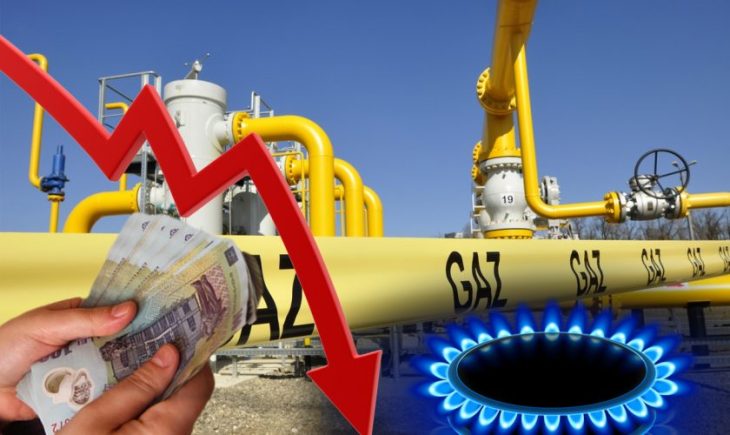The European Union is facing the worst energy crisis in recent decades and there are signs that the member states are not responding to this crisis in a united manner, reports Bloomberg.
Prices and exposure to gas supplies from Russia differ from country to country, but the gap could widen after Italian authorities on Monday announced a series of changes to how consumer bills are calculated. From October, bills will no longer be calculated based on the European gas reference price, which is set at the Title Transfer Facility hub in the Netherlands, but will instead be linked to the price set out in gas contracts in Italy, the Italian Energy Regulatory Authority (ARERA) announced on Monday.
This surprising decision could give rise to expectations, or at least hopes, that the price for the two gas contracts could be decoupled, say analysts from Citigroup Inc. The rapid filling of gas storages in Italy during July, and the possibility of new injections into storages during August, could create a temporary situation of gas oversupply in Italy. Such a situation “would lead to a significant improvement in the outlook regarding the winter situation in Italy and would thus create volatility in the case of gas prices in Italy,” say the analysts, according to Agerpres.
Europe’s solidarity has been called into question this year as Russia cut gas supplies to the continent in response to international sanctions imposed on Moscow after its invasion of Ukraine. Benchmark natural gas prices in Europe, which are set at the TTF hub in Amsterdam, have doubled this year, a testament to the risks the continent could face this winter.
Some EU member states, such as Italy, have more alternative sources of supply than Russia, including liquefied natural gas and supplies from Algeria. Other states, especially those in Eastern Europe, are more dependent on pipeline gas supplies from Russia given the lack of interconnectors to Western European LNG import terminals.
Hungary has already announced that it will ban energy exports, in most cases, under the “state of energy emergency” and at the same time intends to secure additional volumes of gas from Russia. Most countries could close their borders to gas exports if their supply situation deteriorates.
